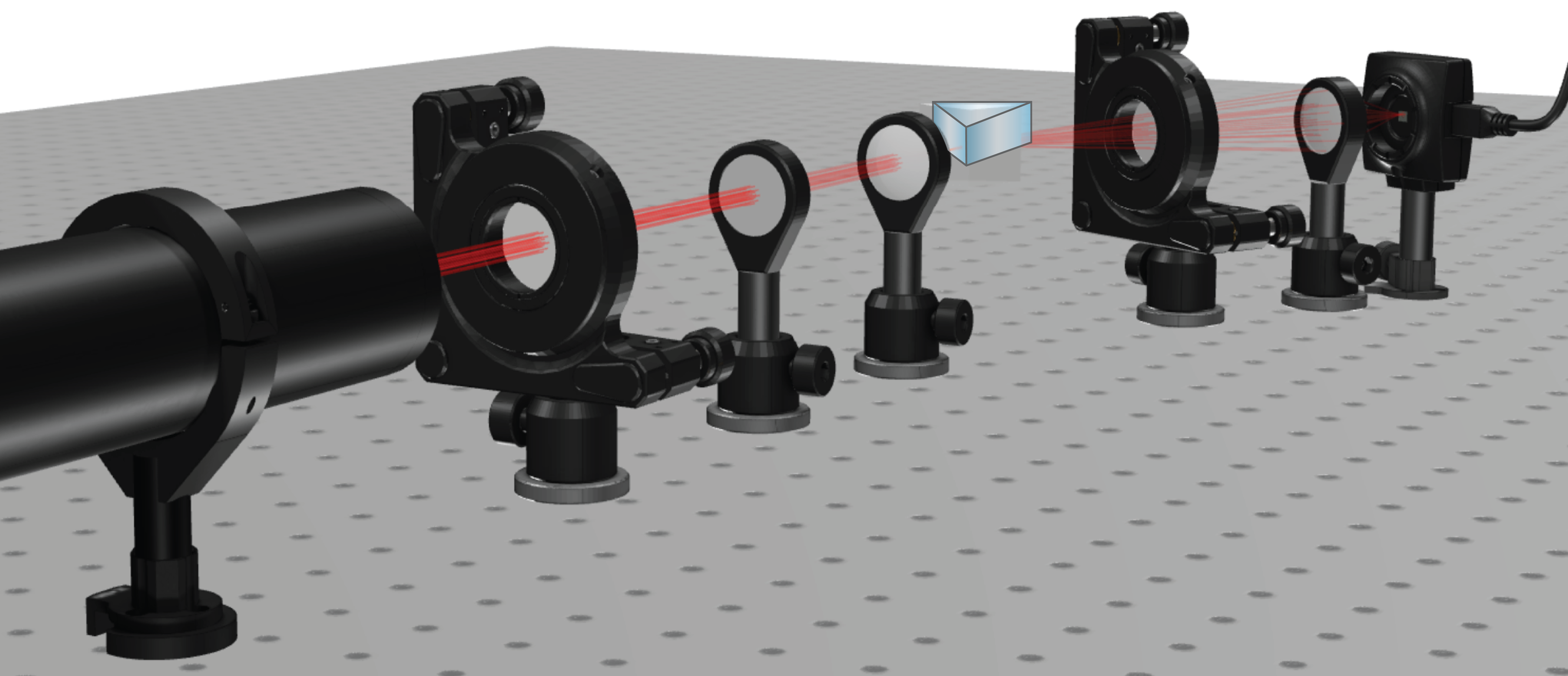
Quantum weak measurement of magneto-optic and spintronic effects
Abstract:
The furthering of scientific research and the emergence of new technologies relies on our capability to measure physical quantities with ultrahigh precision. Furthermore, as our understanding of quantum systems increases, we require even more sensitive tools to verify them. However, the Heisenberg uncertainty principle sets fundamental limitations on our capabilities to measure incompatible variables. These limitations can be circumvented by changing the very nature of how we perform measurements in the first place. Aharonov Albert and Vaidman proposed that in a weakly interacting system, imposing pre- and post-selection gives rise to ‘weak value amplification’ (WVA) whose application yields quasi-probabilities that are called ‘weak values’. Interestingly these measures can be complex and can live outside the standard eigenvalue range. This technique is highly attractive from an experimental point of view since it gives access to probe any system beyond the sensitivity of classical detectors which are limited by technical noise. Furthermore, the technique opens possibility of simultaneous measurement of incompatible variables, direct measurement of the quantum state and super resolution measurements.
Magneto-optical effects can play a key role to develop non-invasive probing methods to characterize materials. The burgeoning field of low dimensional quantum materials, which harbor exotic electronic and spintronic effects requires new approaches to sensing ultra-small phenomena. In this regime, nonlinear effects generally coexist with linear magneto-optic effects posing a challenge in the measurement of pure states. An appropriate choice of pre- and post-selected may allow us to distinguish between nonlinearities and various kinds of magneto-optic effects.
The WVA protocol is a versatile tool that has shown to be promising in studying weak interactions theoretically and experimentally. In our projected PhD work, we intend to probe nontrivial polarization properties of light and weak spin-optical effects like the spin Hall effect of light, beam deflections, and other polarization effects in an optical network. Moreover, we are interested in sensing phase transitions based on weak values and develop novel techniques for spin caloritronic measurements. Since the technique could be integrated into existing systems, there are a variety of opportunities that can be explored. This synopsis presentation will cover basics of weak value measurement, some implementations achieved, and will enumerate some materials and phenomena that we intend to explore in the future.
PhD Committee:
Dr. Muhammad Sabieh Anwar (Supervisor)
Dr. Adam Zaman Chaudhry
Dr. Ammar Ahmed Khan
Dr. Ata ul Haq

